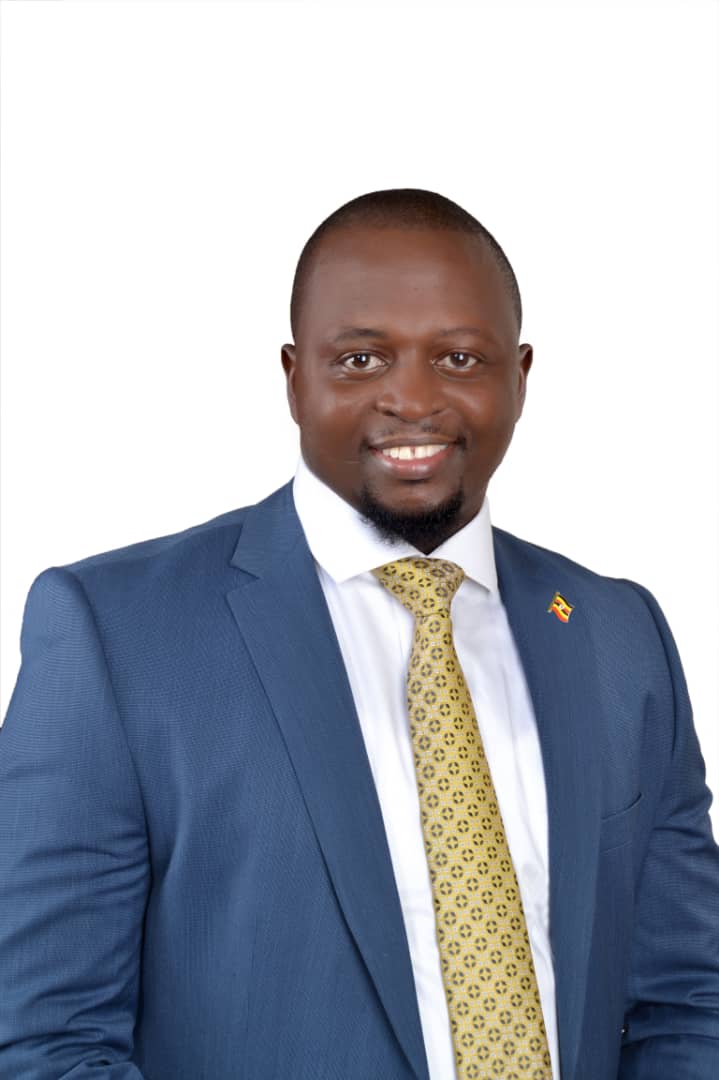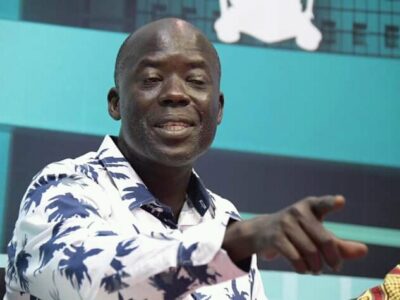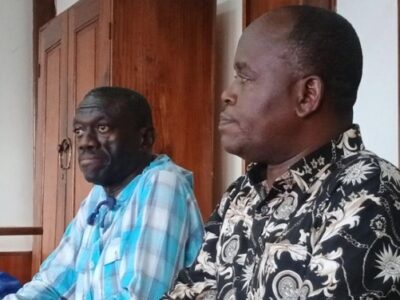Since the colonial times, the western world has been much interested in exerting their influence on the African society, defining its culture and way of looking at things. Western countries have even in the post-colonial African state looked for all ways of planting roots through which their influence can be maintained in African countries. The most soft-power method used is that of Civil Society Organizations (CSOs) as proxies to exercise Neo-colonialism against African societies against of their interests.
Despite increased value attached to the civil society regarding promotion of good governance and democracy for development through advocacy, lobbying, provision of social services, sensitization, promotion of human rights as well as holding government accountable, they have since time memorial been used as proxies by the western powers to maintain their colonial-interests within Africa as they have failed perform the expected functions of providing objective and rational or balanced checks and balances to the central governments.
In Uganda, clear description about civil society, its size, area of activity, domestic and external sources of monetary and material support as well as the policy framework in which it operates seem not to be available in an organized way. This has made many to opt for subversive actions that tend to disrupt good governance rather than promoting it and this has prompted the President of the Republic of Uganda to use his constitutional powers to suspend the activities of the Democratic Governance Facility (DGF) which was initially established in July 2011 by eight Development Partners (DPs): Austria, Denmark, Ireland, the Netherlands, Norway, Sweden, the United Kingdom and the European Union, as a five-year governance programme aimed at providing harmonised, coherent and well-coordinated support to state and non-state entities to strengthen democratisation, protect human rights, improve access to justice and enhance accountability in Uganda.
As a Patriot and a Pan-Africanism, President Y.K Museveni in a two-page letter ordered the Finance Minister to suspend all DGF activities despite it being the biggest donor fund-estimated at over UGX 500BN annually. This was coupled with an investigation into the activities of DGF and even on government officials who oversaw the DGF activities. The president argued that the biggest percentage of the funds has been used to support organizations and activities designed to subvert government under the disguise of improving governance. The closure of civil societies has been witnessed in many countries with the major aim of protecting National interest of the host state even in Eastern Europe (Russia) whenever leadership deems it necessary a decision to which am in support.
Therefore, the presidential decision is for the good of Uganda because the western World has used the Civil society and donor funding to undermine the interests of African societies in the following ways.
In almost all countries in Africa, donors have influenced the Civil society to play partisan politics mainly against the governments in power whenever they don’t consent to the Western World’s interests. This has at times resulted into civil disobedience of the masses taking the case of the role of the civil society in causing the Arab Spring that has seen no Western power stabilize countries like Libya after destroying them.
Besides, these donations are mostly spent on luxurious activities that do not directly create an impact on the local population. They spend much of their money on glossy advertising campaigns and administration costs rather than helping people in the developing World that a good 25% of money raised is spent on such costs. Such mentalities are really imperialistic in nature.
Donor money has been used to portray a negative image of the African society to the rest of the world. A lot of aid campaigns portray images of Africans as starving and helpless in order to generate sympathy and thus donations. This perpetuates the idea of Africa as a helpless continent incapable of helping itself, whereas the opposite is actually true; Africa is full of incredibly creative entrepreneurs who need to be helped with such aid but the western world isn’t interested in seeing an African entrepreneur grow.
These donations have also resulted into sustainability of systemic poverty among Africans by the Western world. As most of the CSOs receiving donations are increasingly taking on a corporate character, such corporatization has made donor receiving agencies to become more capitalistic and again impoverish communities whom they are meant to be helping. As a consequence, these organizations have little attachment to the community. CSOs therefore tend to create programs that have short-term, Band-Aid solutions, consequently sustaining poverty at a systemic level which is a colonial move by the western world.
Furthermore, the activities funded by these Western-based CSOs funds are often project-focused seeking to achieve one specific goal from one community to another which cannot provide lasting empowerment for democratization and good governance in Africa. This approach may be effective in certain scenarios, particularly those of humanitarian and emergency aid. However, this project-based strategy is not as effective in empowering the poor and powerless over time to engage in governance because the empowerment of vulnerable groups is a long process. Therefore, these donors often take on one small portion of this large, interconnected challenge which is usually an intentional colonial move to keep Africa Vulnerable.
In inference therefore, Westernized donations often have similar objectives at their core which is to maintain their dominance within African countries but keeping them vulnerable. This is evident with growing donor-dependency complex among Africans as well as the short-term, project-oriented, and top-down nature of basically the International Non-Governmental Organizations which have created a negative relationship between themselves and the states that seem to be resistant to their waves. In that sense, donations should be thoroughly monitored by the African states through clear structures and should be considered as complementary mechanisms, not supplementary if they are to realise good governance, sustainable growth & development as well as enjoyment of sovereignty.
By Ampumuza Dixon Kagurusi
An International Relations and Diplomatic Scholar.
dampumuza@gmail.com
0772194116











